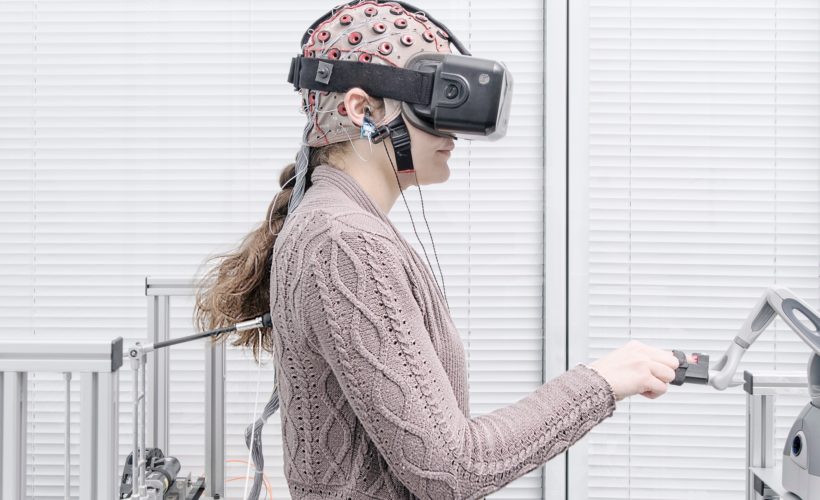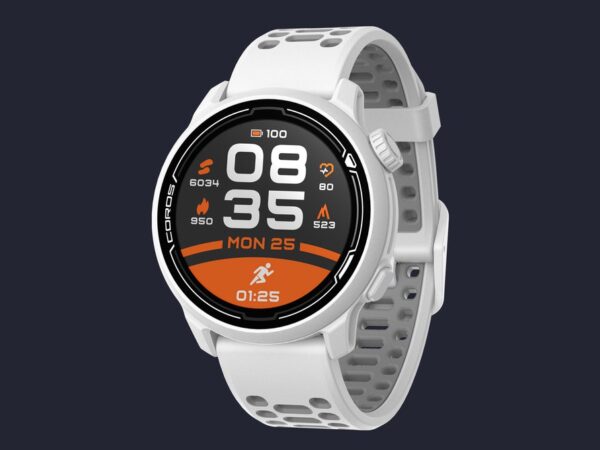“Transhumanism” is a relatively new word for the very old belief that humans can transcend the limitations of our mortal bodies, perhaps even mortality itself. In its modern form, the term encompasses a wide variety of techno-utopian ideas ranging from life extension to body hacking to virtual reality and artificial intelligence. With the rapid advance of biotechnology, the term has acquired a new vogue, attracting famous adherents such as futurist Ray Kurzweil.
Swiss photographer Matthieu Gafsou, who has a degree in philosophy from the University of Lausanne and is a member of the MAPS art collective, has spent the past four years traveling the world, shooting prominent transhumanist activists and their work for his series “H+.” Because of the lingering stigma attached to the word, many potential subjects, including Kurzweil, declined to participate in the project. Others were only too happy to be photographed. There’s Neil Harbisson, a self-declared cyborg who “corrected” his color blindness by implanting a prosthetic sensor into his skull that converts colors into sound waves; Lukas Zpira, author of the “Body Hacktivism Manifesto”; and Julien Deceroi, who implanted a magnet into his middle finger to give himself an extra sense.
Gafsou also visited a laboratory at the École Polytechnique Fédérale de Lausanne where Professeur Grégoire Courtine is implanting electrodes into the spines of paralyzed rats to help them walk again. He captured images of the many products being developed to augment our lives, from an anti-aging light therapy mask to NFC/RFID microchips that can be implanted under the skin and used to store data or interface with electronic devices.
Not all transhumanist technologies require self-surgery. “The smartphone is a perfect example of our fusion with technology,” Gafsou says. “It’s always near our body, it’s almost impossible to live or work without, and it gives us new abilities like being able to find out almost anything very easily.” Of course, Gafsou adds, there’s an inevitable tradeoff. “The smartphone has also stolen something from us—our memory, our ability to orient ourselves in space in cities.”
There’s a heated debate in the transhumanist community about whether the ability to transcend mortality will exacerbate economic inequality. Some argue that only the rich will become immortal, while others counter that, like the smartphone, other transhumanist technologies will at first be available only to the wealthy but rapidly come down in price.
Gafsou’s not so sure. “In my opinion, the inequality gap will get bigger,” he says. “The smartphone doesn’t require as much infrastructure, whereas for medicine you need not only technology but hospitals and doctors, which is what makes it so costly.” Either way, his images offer an overview of a world that sounds like science fiction, but is bent on turning its far-flung visions into reality.
More Great WIRED Stories
- How a domino master builds 15,000-piece creations
- This hyper-real robot will cry and bleed on med students
- Inside the haywire world of Beirut’s electricity brokers
- Tips to get the most out of Gmail’s new features
- How NotPetya, a single piece of code, crashed the world
- Looking for more? Sign up for our daily newsletter and never miss our latest and greatest stories
Source:WIRED











